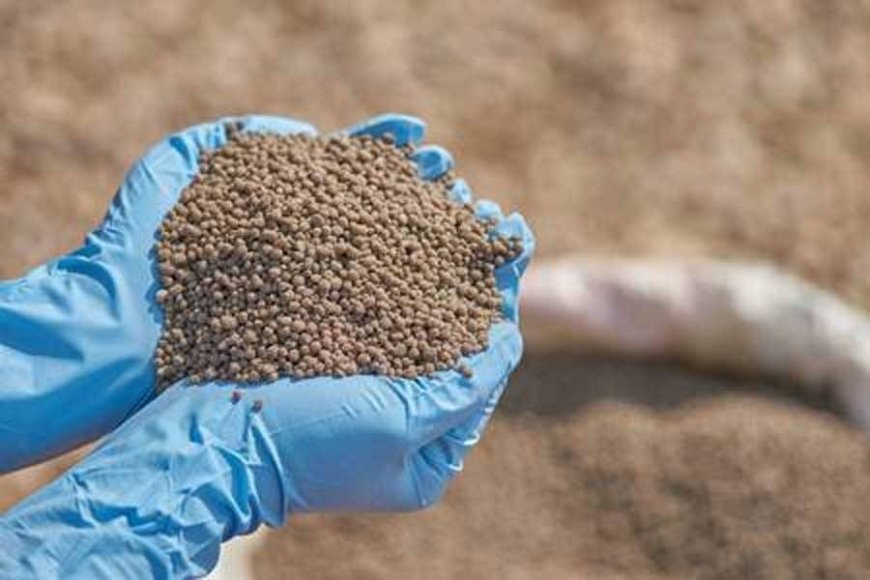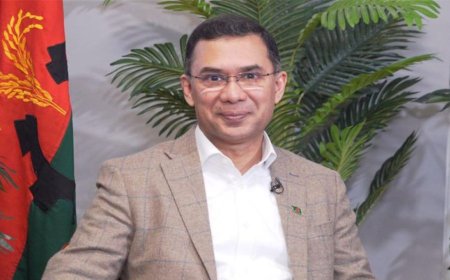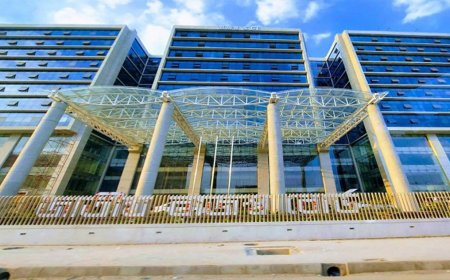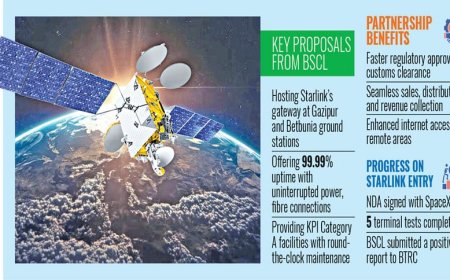Finance Adviser Denies ‘Special Advantage’ In Fertiliser Imports
Finance Adviser Denies ‘Special Advantage’ In Fertiliser Imports

Finance Adviser Dr Salehuddin Ahmed on Tuesday rejected claims that a particular company had been given preferential treatment in fertiliser imports, saying the matter is under the jurisdiction of the relevant ministries.
“It is not accurate to suggest that the Finance Ministry granted such approval. Fertiliser imports are primarily handled by the Bangladesh Agricultural Development Corporation (BADC) under the Agriculture Ministry, along with the Industries Ministry. It is their responsibility,” he told reporters after presiding over meetings of the Advisers Council Committee on Government Purchase and the Advisers Council Committee on Economic Affairs.
He made the remarks in response to a question on whether the government had bypassed lower bidders when awarding fertiliser import contracts, resulting in higher procurement costs.
Asked if an inquiry was underway, Dr Salehuddin replied, “I don’t know the details. If there are specific allegations, the ministries concerned will look into them.” He added that if the lowest bidder was overlooked, the issue should be examined and properly investigated.
The Agriculture Ministry, in a statement on September 13, dismissed recent media reports of irregularities in fertiliser procurement as “baseless, imaginary, motivated and untrue.”
According to the ministry, non-urea fertilisers are imported both by private importers and through state-level contracts or government-to-government (G-to-G) agreements, in line with government policy.
Since assuming office, the interim government has decided to award contracts only to companies offering the lowest prices, a move it says has saved foreign currency and curbed abnormal profiteering.
Given that no single country can supply Bangladesh’s entire fertiliser demand, imports are sourced from multiple countries to ensure uninterrupted supply.
The ministry also explained that cost and freight (CFR) prices vary with distance and transportation expenses, while international bulletins such as Argus FMB and FERTICON are used to verify rates.
Government data show that in the first phase of the 2025–26 fiscal year, 13 companies were awarded contracts to supply 30,000 tonnes of TSP, 2.55 lakh tonnes of DAP, and 90,000 tonnes of MOP fertilisers.
In the second phase, six more companies received orders to deliver 90,000 tonnes of TSP and 1.20 lakh tonnes of DAP at the same prices.
What's Your Reaction?






















































































